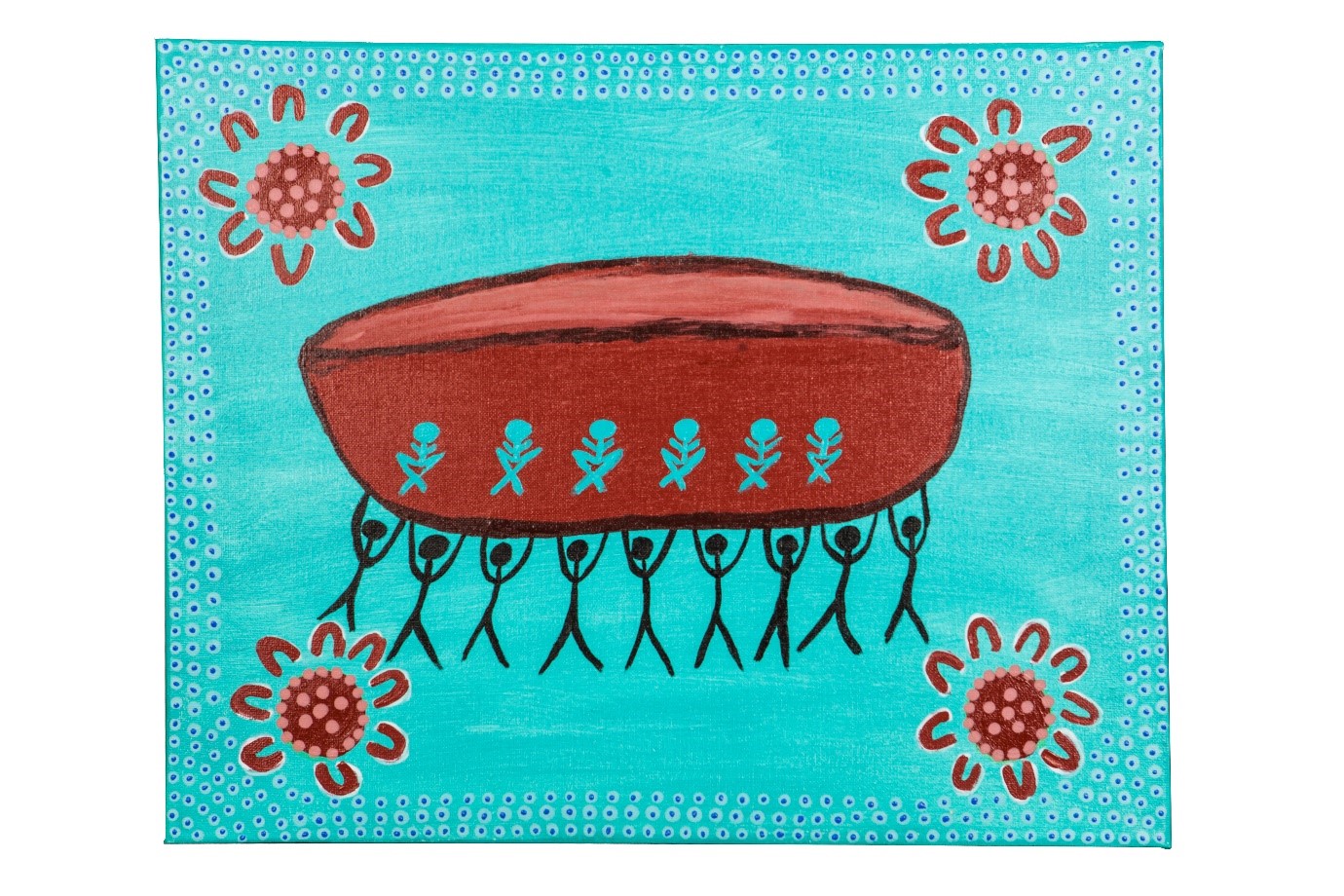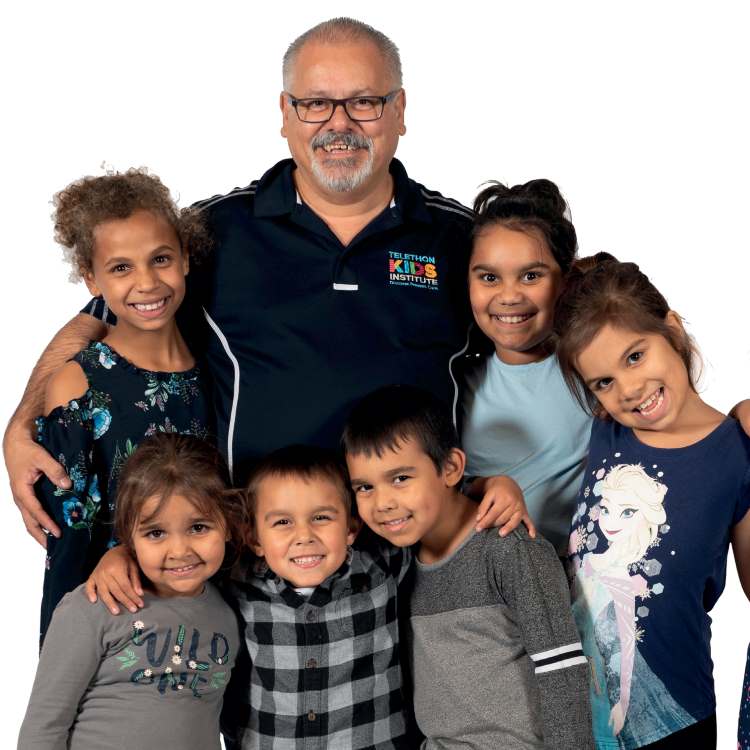Search

Research
Ngulluk Koolunga Ngulluk Koort (Our Children, Our Heart) ProgramBrings the Aboriginal community(s) of Perth together with service providers & policy makers to improve outcomes for Aboriginal kids and their families.
Research
Bush Tucker and Vitamin DThis five-year project in Western Australia (WA) aims to promote vitamin D sufficiency among Aboriginal people by developing food-based dietary strategies to increase vitamin D intakes and by encouraging safe sun exposure.
Research
Identifying social pathways to enhanced life outcomes in Aboriginal and Torres Strait Islander childrenCarrington Shepherd PhD Honorary Research Associate Honorary Research Associate Areas of research expertise: Population health; Aboriginal and Torres
Research
Socioeconomic disparities in the mental health of Indigenous children in Western AustraliaThe burden of mental health problems among Aboriginal and Torres Strait Islander children is a major public health problem in Australia.
Research
Social gradients in the health of indigenous australiansWe begin to bridge this knowledge gap by assessing evidence on social gradients in indigenous health in Australia.
Research
Socioeconomic disparities in physical health among Aboriginal and Torres Strait Islander children in Western AustraliaWe sought to provide insights by examining socio-economic disparities in physical health outcomes among Aboriginal and Torres Strait Islander children in WA.
Research
Start Stronger, Live Longer National Aboriginal Health Worker Symposium: Final ReportThe Rio Tinto Aboriginal Health Partnership marries Rio Tinto's commitment and dedication to community investment with research expertise of the Telethon Inst
Research
Awareness and impact of the ‘Bubblewrap’ advertising campaign among Aboriginal smokers in Western AustraliaAntismoking mass media campaigns have been shown to reduce smoking prevalence in the mainstream community.
Research
Rio Tinto Child Health Partnership Final ReportIn 2002, the Founding Director of The Kids for Child Health Research, Professor Fiona Stanley, approached Rio Tinto Ltd about the possibility...

News & Events
Elders lift their voices to bridge the gap for kidsLed by nine Elders, the Ngulluk Koolunga Ngulluk Koort Project is working to generate a better understanding of early childhood development from an Aboriginal/Nyoongar perspective.
